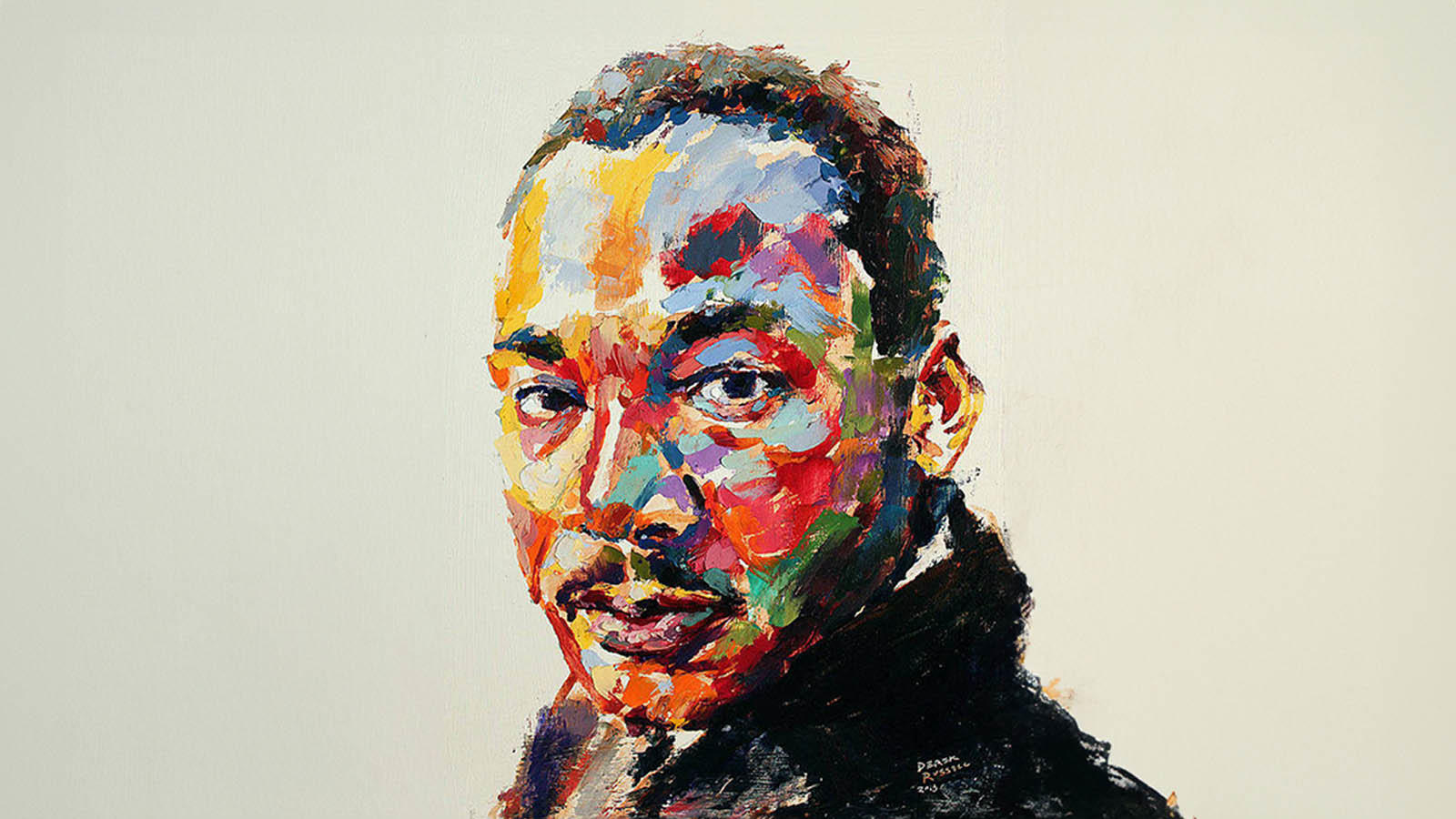Economic Empowerment: Dr. Martin Luther King Jr.’s Vision and the Resilience of Black Americans
Dr. Martin Luther King Jr. is best known for his leadership in the Civil Rights Movement and his iconic “I Have a Dream” speech. However, as his work evolved, he recognized that achieving civil rights was only part of the battle. Economic empowerment became a vital focus in his later speeches and writings. In this post, we’ll explore the historical ingenuity and tenacity of Black Americans and how it aligns with Dr. King’s vision of economic equality.
A Legacy of Innovation:
Black Americans have a rich history of innovation and entrepreneurship dating back to the earliest days of the United States. Despite facing systemic racism and discrimination, they carved out niches in various industries. For example, Madame C.J. Walker, a self-made millionaire, revolutionized the haircare industry for Black women. Her success was a testament to the resilience and determination of Black entrepreneurs.
The Great Migration:
The early 20th century witnessed the Great Migration, during which millions of Black Americans moved from the rural South to urban areas in the North. This mass migration brought new economic opportunities, and Black communities flourished in cities like Chicago, Detroit, and Harlem. The cultural and economic contributions of this era are still celebrated today.
Dr. King’s Vision:
As the Civil Rights Movement progressed, Dr. King recognized the importance of economic justice. In his “I’ve Been to the Mountaintop” speech, delivered the day before his assassination, he spoke passionately about economic empowerment. He advocated for Black Americans to harness their economic power by supporting Black-owned businesses and banks.
Building Wealth:
The tenacity of Black Americans is evident in their efforts to build wealth despite countless obstacles. Black Wall Street in Tulsa, Oklahoma, was a prime example of this economic power. The thriving community was tragically destroyed in the 1921 Tulsa Race Massacre, but its legacy lives on as a symbol of Black economic resilience.
Contemporary Success Stories:
Today, Black entrepreneurs and innovators continue to make their mark across various industries. From tech startups to entertainment moguls, Black Americans are breaking barriers and shaping the future of business and culture.
Dr. Martin Luther King Jr. recognized that true equality could only be achieved through economic empowerment. The historical ingenuity, tenacity, and economic power of Black Americans have been instrumental in advancing this vision. As we honor Dr. King’s legacy, we should also celebrate the remarkable contributions of Black entrepreneurs and innovators who continue to drive progress and inspire future generations.



